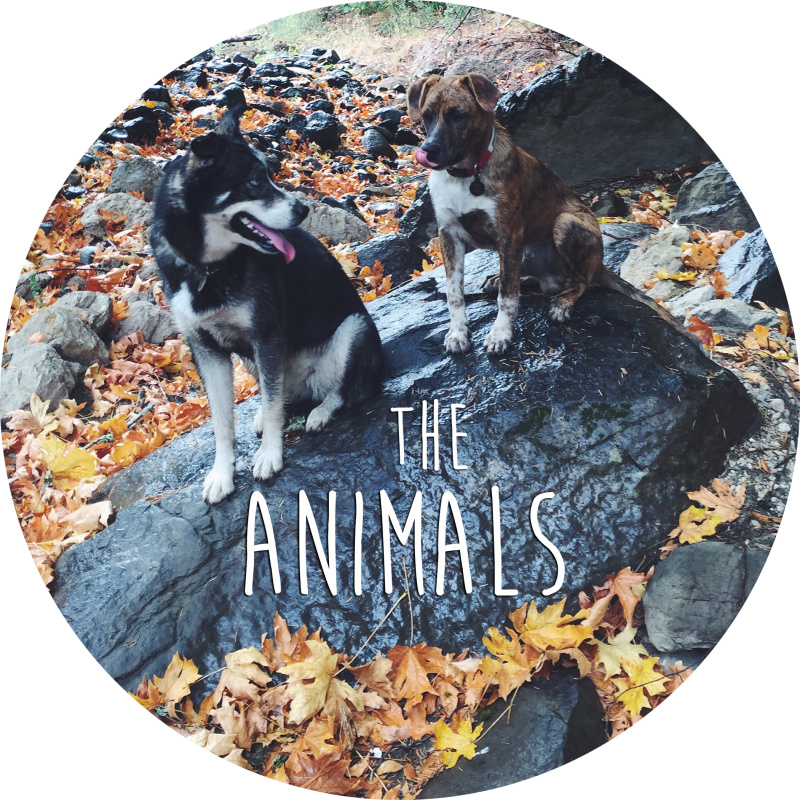When Not To Train
Here's something you may not know about me — I have anxiety. I have a lot of social anxiety and a lot of anxiety about productivity, getting things done, doing things right, etc. In all honestly, without it, I may not have started a blog or started my own business, so in a way it has had its benefits, but I do have to be conscious of it, and balance my urge to constantly strive for perfection and make the most of every second of every day with the ability to relax, appreciate the little things, and live in the moment. But if there's one thing I've learned, it's that I should never, ever train my dogs when I'm feeling anxious.Dog training requires a lot of consistency and repetition. You probably won't get amazing results if you take one class and decide your dog is "trained," or if you drop your dog off with a trainer but spend no time practicing and maintaining your dog's training, so I often recommend doing at least a little training every day. Still, there are many times in which it is not a good idea to train your dog.
Dogs are highly attuned to our body language, as well as our facial expressions and vocalizations. When dealing with a frustrating training session you may think that you can "power through" your frustration and continue to work with your dog, but they will read your body and can easily pick up on stress. This was especially evident for me when preparing Koa for my KPA certification exam — I wanted perfection, I wanted to practice and practice and practice — but the more anxious I became, the worse our training went. For the most part, when my dogs are getting stuck or making errors, it's not them that's the problem, it's me! If your dog isn't picking something up, take some time to step back and analyze where the communication is breaking down, then rethink your training plan and come back to it when you're fresh.
Part of being a good trainer is being a good observer, and when you are tense and frustrated, it's much harder to make keen observations and set your criteria in a reasonable and logical way that will set your dog up for success. Repeating something that your dog is not succeeding at will only serve to frustrate them and cause them to disengage with the training and can, in fact, become downright aversive! In doing this, you also run the risk of "poisoning" your cues, or in other words creating a negative association with certain behaviors so that they dread or dislike performing them. Not only does this simply make things unpleasant for your dog, but it will also cause their responses to become sluggish and incomplete.
Being a good observer applies not only to the observation of your dog, but also your ability to be self-aware and notice when your mindset is no longer conducive to teaching and learning. Be aware that abruptly ending a training session can feel punishing to a dog, so if you need to step away, end with something fun like scattering some free treats on the floor for your dog to gobble up, giving them a favorite stuffed Kong or chew, playing a favorite game like tug or fetch, or (my favorite option) taking a walk with your four-legged friend so you can both get some fresh air and sunshine and clear your minds. After all, your relationship with your dog is much more important than their performance.








